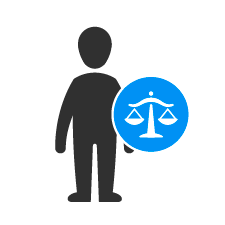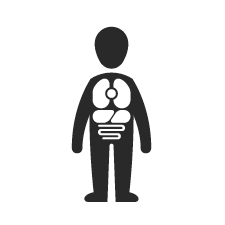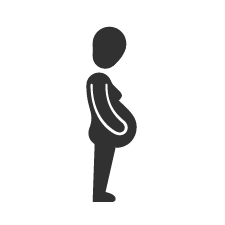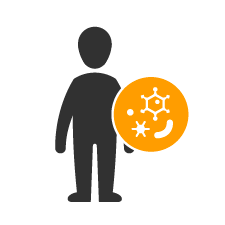If you are pregnant and don't want to continue your pregnancy, you can choose to have an abortion in Germany.
There are laws for this:
- An abortion may only be carried out by a gynaecologist .
- An abortion can usually only be done up to twelve weeks after the egg cell has been fertilized.
- Before the abortion you are required to have a consultation at a pregnancy (conflict) counselling centre. Immediately after the consultation, you will receive a counselling certificate. A counselling certificate is a document. The counselling certificate proves that you were at a counselling centre. You need the counselling certificate so that the gynaecologist can perform the abortion. There are also counselling centres that do not issue counselling certificates: Caritas and the Sozialdienst Katholischer Frauen (Catholic Women's Welfare Service) do not issue counselling certificates, but they also provide pregnancy counselling. You can find counselling centres in your area here.
- The gynaecologist may only terminate the pregnancy three days after the consultation, so that you have enough time to decide.
- If you are 16 years of age and older, you can decide for yourself whether you want to continue the pregnancy or not.
- If you are 14 to 16 years old, the gynaecologist will judge whether you are mature enough to decide for yourself. If the doctor thinks you are not mature enough, your parents must agree to the abortion. Your parents must tell the doctor that they are in agreement.
- If you are under 14 years of age, your parents must agree to your having an abortion. Your parents must tell the doctor that they are in agreement.
- No one is allowed to force you to have an abortion if you do not want it. However, no woman may be forced to carry out a pregnancy.
Events leading up to the abortion
Consultation
- The consultation is free of charge.
- Often, you can choose whether you prefer to talk to a man or a woman.
- If you wish, your partner or another person may come with you.
- Many pregnancy counselling centres also offer counselling in different languages or provide an interpreter.
In the consultation
- you can ask all of your questions,
- you will learn what the gynaecologist will do during the abortion,
- you will be told about what support is available if you decide to continue the pregnancy.
After the consultation
- you will receive the counselling certificate from the counselling office (you will not receive a counselling certificate from the advisory offices of Caritas and the Catholic Women's Welfare Service). The counselling certificate proves that you were at a counselling centre. Take some time to decide for yourself whether you want to continue your pregnancy or have an abortion.
If you want to continue the pregnancy after the consultation:
- You do not have to tell anyone why you want to have the child.
- During pregnancy you have the right to early detection tests at a gynaecologist’s office. The gynaecologist regularly examines whether you and the child are healthy.
- The counselling centres will answer all your questions about the pregnancy, but also about financial help and support.
If you want to end the pregnancy after the consultation:
- You will take the counselling certificate to a gynaecologist.
- The gynaecologist will examine you and determines how long you have been pregnant. Conception must not be more than twelve weeks ago.
- The gynaecologist gives you an appointment for the abortion. The appointment must be at least three days after the consultation.
- On the day of the appointment you may still decide to continue the pregnancy.
- At the appointment, the gynaecologist will perform the abortion.
Special reasons for a pregnancy termination
Health reasons (medical indication):
The law says: an abortion is allowed to avert danger to the mother's life or the risk of a serious impairment of her physical or mental health if the danger cannot be averted in another reasonable way.
This means: when the health or life of the mother is endangered by the pregnancy. Or if there are no other ways to protect the mother's physical and mental health or her life. In this case, the pregnancy can still be aborted after the twelfth week.
Rape (criminological indication):
If a woman or a girl has become pregnant by rape the doctor can perform an abortion in the first twelve weeks after conception.












